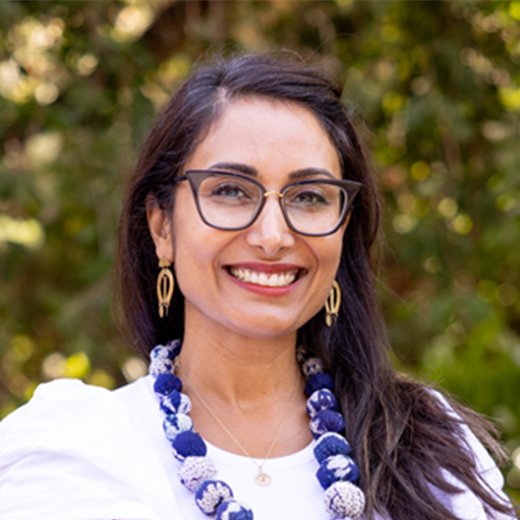Speaker Series: Veena Dubal

How much does an Uber driver make per hour? Workers’ groups, economists, and corporate-sponsored researchers have all calculated dramatically different numbers. Why has answering this question been so fraught, and what can we learn about the value of quantitative and qualitative research from reflecting on this question?
In this article, Veena Dubal argues that rather than reflecting a “natural labor price,” calculated via a digital assessment of supply and demand, variable wages allocated algorithmically to individual workers are better understood as part of a new digitalized labor management practice, what she has called algorithmic wage discrimination. By design, algorithmic wage discrimination formulates hourly wages that are highly variable, using data and insights about worker behavior to set labor prices differentially. Quantitative studies of wage-earning at the aggregate level thus obscure what qualitative research makes evident: wages for platform-controlled workers not only often fall below subsistence levels, but the very methods and practices of wage-setting generate novel forms of economic suffering. Regulatory interventions, then, should be attendant not just to the average wage price, which tends to disguise new harms and buttress corporate myths about the nature of digital labor management, but also to the many problems engendered by digitalized wage allocation, thereby heeding the demands of worker groups to intervene in the relational process of wage-determination. These qualitative findings are especially important to understanding and regulating the “future of work,” as algorithmic wage discrimination is quickly moving from the ride-hail and food-delivery industry to the labor economy writ large.
To register, contact Sophie Kofman at skofman@abfn.org.
__________________________________________________________________________________________________________________________________________________________
Veena Dubal is a Professor of Law at the University of California, Irvine School of Law. Her research focuses broadly on law, technology, and precarious workers, combining legal and empirical analysis to explore issues of labor and inequality. Her work encompasses a range of topics, including the impact of digital technologies and emerging legal frameworks on workers’ lives, the interplay between law, work, and identity, and the role of law and lawyers in solidarity movements.
Dubal has written numerous articles in top law and social science journals and published essays in the popular press. Her research has been cited internationally in legal decisions, including by the California Supreme Court, and her research and commentary are regularly featured in media outlets, including The New York Times, The Washington Post, The Wall Street Journal, The Los Angeles Times, NPR, CNN, etc. TechCrunch has called Dubal an “unlikely star in the tech world,” and her expertise is frequently sought by regulatory bodies, legislators, judges, workers, and unions in the U.S. and Europe. Dubal is completing a book manuscript that presents a theoretical reappraisal of how low-income immigrant and racial minority workers experience and respond to shifting technologies and regulatory regimes. The manuscript draws upon a decade of interdisciplinary ethnographic research on taxi and ride-hail regulations and worker organizing and advocacy in San Francisco.
Dubal received a B.A. from Stanford University and holds J.D. and Ph.D. degrees from the University of California, Berkeley, where she conducted an ethnography of the San Francisco taxi industry. The subject of her doctoral research arose from her work as a public interest attorney and Berkeley Law Foundation Fellow at the Asian Law Caucus where she founded a taxi worker project and represented Muslim Americans in civil rights cases. She completed a post-doctoral fellowship at her alma mater, Stanford University. She returned to Stanford again in 2022 as a Residential Fellow at the Center for Advanced Study in the Behavioral Sciences. Dubal is the recipient of numerous awards and grants, including the Fulbright, for her scholarship and previous work as a public interest lawyer.

